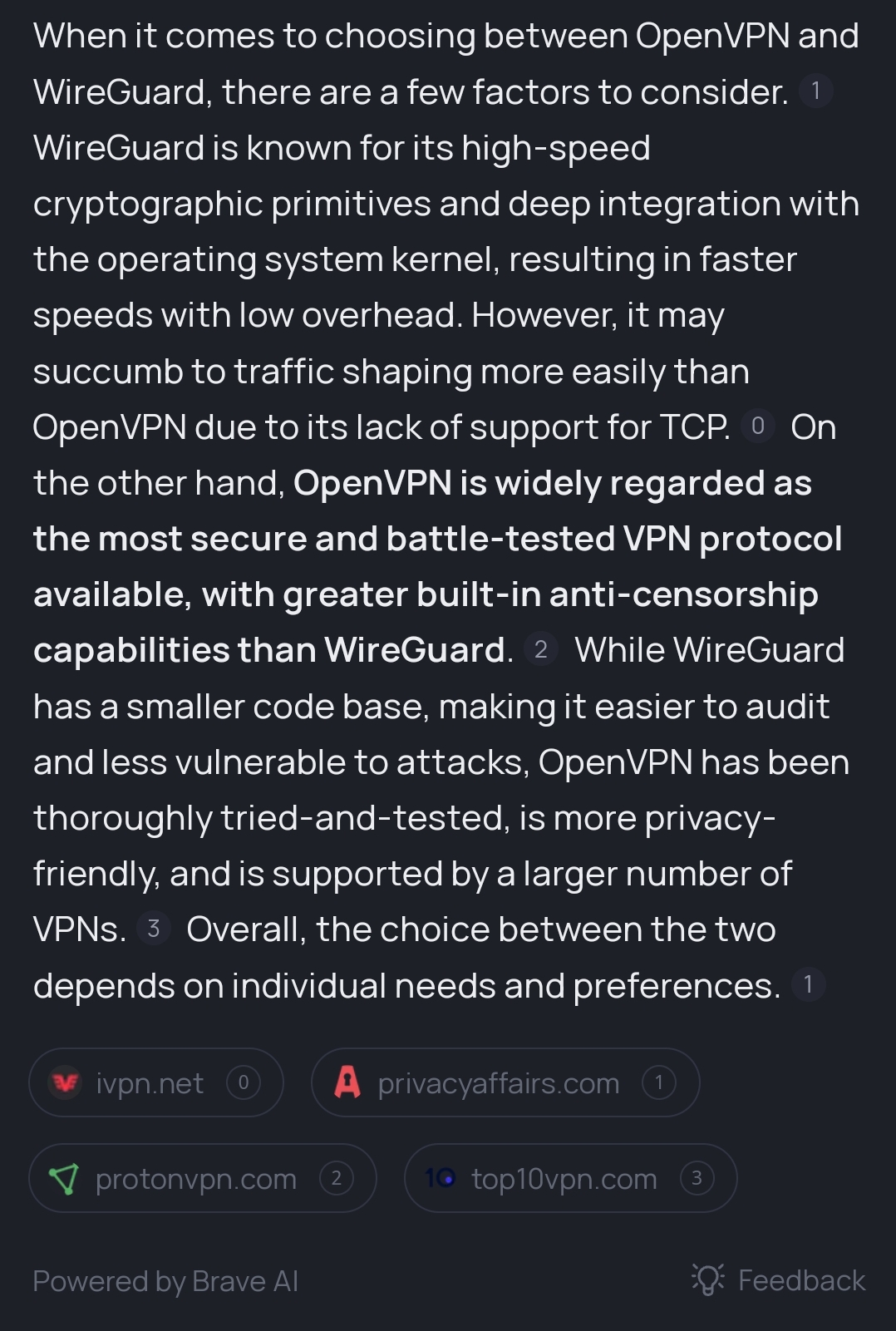Looks like we have a few subscribers to this community so I figured Id make a “poll” of sorts. Are most people already rocking the servarr stack or do we have anyone who is here to learn? If you already have a stack, whats your setup? Ill go first.
Im currently running my homelab on consumer hardware, just an old gaming PC I had. i7-4790k with 32gb of ddr3 ram and a gtx 1060. Im running truenas Scale on it, and I moved from ubuntu server. Ive got the whole *arr stack running except for whisparr along with a bunch of other self host programs like vault warden and audiobookshelf.

I’d never heard of *arr stuff before seeing thie community and am here to learn! I’ve dabbled in jellyfin before but nothing currently due to hardware issues.
Well welcome! Im sure you’ll get help here if you just ask!

I’m in a similar boat - I’ve tried the arrs but not successfully.

I have everything running on an old r510 I got for free. It has 2xL5640 CPUs and 80gb of RAM. I am running unRAID with about 50tb of total storage, and Readarr, Sonarr, Prowlarr and Overseerr for handling requests. I also have audiobookshelf and calibre-web running.
I started with windows server and moved to running plex on Ubuntu server when windows started having issues. Then I decided I wanted to virtualize it so I moved to Proxmox with a plex VM and a servarr VM both had access to zfs pool of 6x3tb HDD. Eventually I wanted to upgrade without losing all the data and without the budget to upgrade all 6 HDD at the same time so I moved to unRAID. Now everything runs in the built in docker containers.
I love the convince of the *arr apps. I have automated almost every part of my media library including meta stuff like showing if a show is cancelled or ended with PMM. I am not a huge fan of readarr or lidarr because the last time I tried using them they had a hard time getting the metadata for the books and music. I ended up ditching my music collection, and I use calibre for handling my book collection now.
Readarr/Lidarr certainly aren’t as robust as the other *arr seem to be. I find myself always using ABS’ match function for books Im adding, but also part of that might be that Readarr only has the mouse website for a source right now and those files don’t always have good metadata/file structures. For my music I actually started using lidarr-extended as it allows deemix for a source. Works wonders for me.

Pretty new to self-hosting type stuff, so I went with a Synology NAS when building my setup this spring. Got a DS923+ and two Seagate 12 TB IronWolf drives, and for overkill, added an extra 4 GB of RAM (for a total of 8). There was a lot of fuss on the Reddit threads I browsed about the later Synologys being bad for Plex, but that wasn’t really a concern for me since I have Plex on an Nvidia Shield.
I’ve got Sonarr / Radarr, with Bazarr for subs, Prowlarr for torrent index management, and Overseerr for day-to-day interaction with the stack. Using Portainer to manage all my docker containers, and Watchtower for auto-updating most of them. Downloads are through qBittorrent with gluetun for VPN. I was using Mullvad with port forwarding but now that’s going away, I’m probably going to switch over to Proton VPN. Not really looking forward to doing that reconfiguration.
I wasn’t quite sure this was all worth the effort until everything lined up and I started submitting downloads through Overseer - it’s SO nice to send movies or tv shows to be downloaded through a snazzy UI.
Future plans include setting up a self-hosted photo library browser, and some kind of self-hosted music setup, though most of my downloads are from Soulseek and nothing *Arr really supports that as a source last I looked into it.
Lidarr-extended might allow soulseek as a source? I know it allows deemix. There’s a few really good photo libraries as well. I just always used usenet or private trackers so Ive never fussed with vpns on my self host but I probably should since of some laws going into effect here.

I think the issue is just that there’s not a fully-featured Soulseek Docker client that talks to the Lidarr API. I’m keeping an eye on slskd as it’s in somewhat-active development, but I’ll check out deemix as I haven’t heard of it before!

Does protonVPN have port forwarding? I thought the only other VPN that still has it is AirVPN.

Yes, and integrated with their Windows app smoothly, but from what I’ve been reading it’s a bit more complicated to integrate with Docker / Linux / *Arr apps.
I’m planning to use this Docker container that integrates with Gluetun and qBit to make Proton’s port forwarding via Wireguard work. …and I just realized that 07/01 is approaching really quickly so I guess that’s my weekend project next week!
Edit: from what I was reading, IVPN and TorGuard also offer port forwarding, and TorGuard apparently also works with the container linked above.

I’m using the container you linked for handling the port forwarding for protonvpn and qbit. It works quite well. Just remember that to get port forwarding over openvpn on proton you have to add +pmp to the end of your assigned openvpn username

Great to hear about it working well! Curious, is there a particular reason to choose openvpn vs wireguard here?

I really couldn’t do better justice than this


I have a Dell R730XD with 128Gb RAM and a 49TB array. It’s way overkill for my needs, but I have fun with a lot of docker containers running on Unraid. I can also host a few web apps for my own needs. The Unraid docker GUI became way too slow to use, so now I manage everything through Portainer and modified everything to use stacks and docker compose. It’s much easier to manage now.

Old Dell laptop to run Sonarr and Radarr. The twist in my setup is I don’t have always on internet.
I assume you aren’t in NA then?

